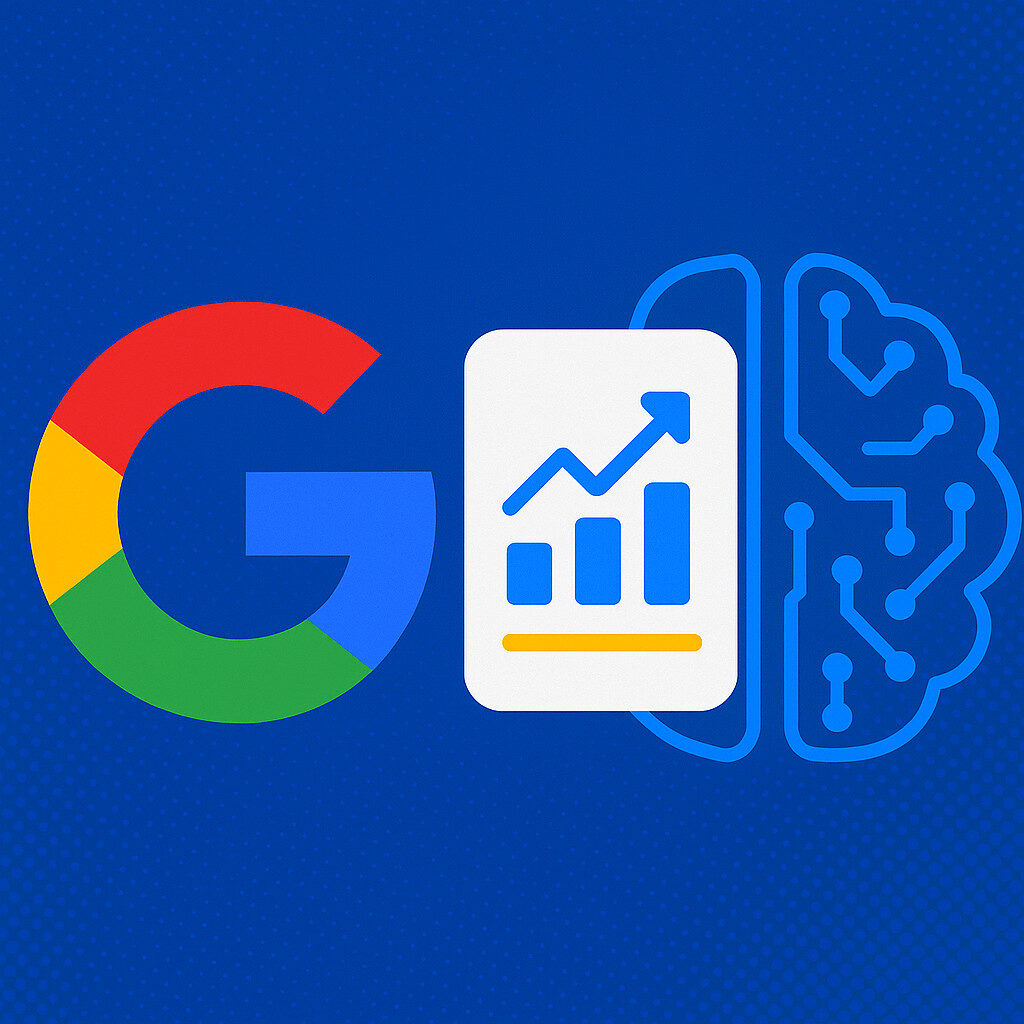Lots of evidence is emerging that page speed is an important factor in website performance.
It’s pretty clear at this point that page speed does impact website performance, in both direct and indirect ways. People like fast sites.
But that doesn’t help us prioritize page speed work, so this post is an attempt to provide some guidance in doing that.
As of this writing, there are 2 types of sites ranking at the top on Google for “impact of website speed“…
Companies that sell page speed stuff, and companies that link to them. That’s it. So I did more than just a Google search for this post and I included original sources below that you can check out.
There is some scientific literature on page speed, but most of it is focused on study participants’ attitudes toward a site rather than impact on actual conversion numbers.
Part of this job is making decisions with limited data; we know page speed is a thing, some kind of thing, and we need to know how to prioritize it. To that end, the following list are links to page speed studies and information. Below that are some general guidelines we try to apply to projects.
Page speed studies / sources
- Akamai studied online retailers and found that a 100-millisecond delay in page load time can hurt conversion rates by 7%. That’s a pretty huge impact. But its worth noting that this company sells website performance services.
- Marissa Mayer (former Google VP) 2008 Keynote at Google IO: Google found that both total number of searches and revenue from search dropped 20% with a half second increase in load time of search results. That’s 4% per 100 ms and 3% lower than the Akamai study, but still pretty high.
- Some pretty established evidence in scientific journals that show users respond more favorably to faster sites. While credible, these all rely on self-reported measures of attitudes toward a site rather than direct measures of conversion rates, revenue, etc.
- Greg Linden from Amazon, in a presentation he gave at Stanford titled, “Make Data Useful,” said a 100-millisecond delay in page load time costs Amazon 1% of revenue. So 1% vs. 4% for Google vs. 7% from Akamai per 100 ms.
- Eric Schurman (Bing) and Jake Brutlag (Google Search) co-presented results at O’Reilly’s Velocity 2009 Conference from latency experiments conducted independently on each site. Bing found that a 2 second slowdown changed queries/user by -1.8% and revenue/user by -4.3%. Google Search found that a 400 millisecond delay resulted in a -0.59% change in searches/user. What’s more, even after the delay was removed, these users still had -0.21% fewer searches, indicating that a slower user experience affects long term behavior. Keep in mind this is 2009.
- Phil Dixon, from Shopzilla (an affiliate shopping portal), at that same O’Reilly conference, shared that a 5 second improvement in site speed (from 7 seconds to 2 seconds) resulted in a 25% increase in page views, a 7-12% increase in revenue, and a 50% reduction in server hardware costs. This conference was in 2009.
- Google research from 2018, where they “did an analysis of 11 million mobile ads’ landing pages spanning 213 countries,” found that probability of a user bouncing increases 32% as page load time goes from 1 second to 3 seconds, and 90% as page load time goes from 1 second to 5 seconds. Lots of good tips in that article.
- In 2018, Google also found that people having a negative mobile experience on a site are 62% less likely to purchase in the future.
- In 2018, Google made page speed a ranking factor and started factoring it into their Google Ads landing page experience score (which impacts your cost per click). They don’t say how much of a factor it is or if there’s a limit to it.
- Another good resource largely focused on latency but with some links to page speed related sources.
- Finally, Google has this calculator that can help you estimate ROI of page speed improvements based on their data.
Notes and recommendations
- Studies have shown that a faster site is perceived as being higher quality than a slower site. So it’s not just about conversion rates or traffic, it’s also about how potential customers view the site, and by extension, the organization behind the site.
- Based on the available data, I think we can confidently say that site speed definitely has a direct impact on conversion rates and revenue. Exactly how big of an impact is much harder to determine.
- We also know that people are becoming more accustomed to faster sites and using their mobile devices more and more.
- We know more people are focusing more and more effort on site speed and so the speed needed to remain competitive will probably keep dropping.
- We can’t just generalize the data linked in the studies below, even if we trust it. Shopping on Amazon is not the same as, say, finding a fulfillment provider. Amazon may gain 1% revenue for every 100ms of page speed…the fulfillment provider probably won’t. So competition, vertical, the nature of the site or app itself, the user, and countless other factors will all have a significant impact on how much speed matters.
- While the evidence is far from convincing, we have to do something, so I typically recommend starting with <= 2 second load times as a general rule. If you’re not there, consider prioritizing site speed.
- If you’re above 5 seconds, this should probably be a major priority.
- I think, for most companies, using about 5% conversion rate improvement per second (half of what Greg Linden found at Amazon below) may be a good starting point for estimating ROI. You’ll have to correct A LOT for your specific circumstance. A B2C ecommerce site with a ton of competition will probably be a lot closer to Amazon’s findings than a B2B manufacturer. If the site’s primary job is to sell stuff (i.e. ecommerce), page speed will likely have a much higher impact than if it’s just there for information.
- It’s probably a good idea to make site speed a major priority if we have load times over 5 seconds.
- Google rankings in particular appear to be very sensitive to relatively small changes in user behavior, so site speed could actually have a greater percentage impact on search traffic than on-site metrics. We’re using a rough calculation of 5% search traffic per 1 second page load time for estimating traffic increases. I think that’s conservative; it might be higher than that. Factor in value per visitor to figure out ROI there.





